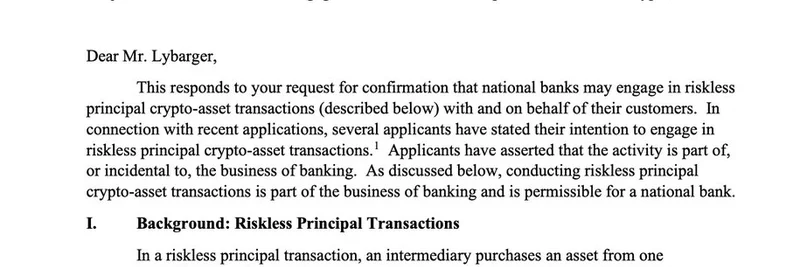In the wild world of crypto, where valuations can skyrocket faster than a meme token on a pump, a recent X post has ignited a lively debate. Solana co-founder Anatoly Yakovenko, known online as @aeyakovenko or simply "toly," didn't hold back when commenting on MegaETH's token sale. He labeled the project's $1 billion fully diluted valuation (FDV) as "Retardio" – a slang term in crypto circles implying something foolish or over-the-top. But is it really that absurd, or is it just the new normal in a maturing market?
What Sparked the Controversy?
The drama unfolded when @mteamisloading, associated with the MegaETH team, shared their thesis on the project. They highlighted MegaETH's potential as the "fastest chain" with a genuine team and an organic community that's still proving its sticking power post-mainnet. They capped it off with an "All in!" and a bid screenshot showing a max token price of $0.0999, aiming for a $999 million FDV, and a total bid of over $186,000.
Toly quote-tweeted this with his blunt take: "Pre revenue 1b valuation to retail. Retardio." It's a sharp critique, pointing out that MegaETH, an Ethereum Layer-2 (L2) project still in its early stages without revenue, is offering tokens to retail investors at a whopping billion-dollar valuation. In crypto terms, FDV is the total value of all tokens if they were circulating at the current price – a metric often scrutinized for overhyping projects.
Who Is MegaETH Anyway?
For those new to the scene, MegaETH is an ambitious Ethereum L2 blockchain developed by MegaLabs. It promises "real-time" performance, boasting sub-millisecond latency and over 100,000 transactions per second (TPS) while maintaining full compatibility with Ethereum's virtual machine (EVM). Think of it as supercharging Ethereum to handle massive throughput, making it suitable for high-demand apps like gaming or DeFi without the usual bottlenecks.
The project recently made headlines by raising $450 million in an oversubscribed token sale, far exceeding its targets. Backed by heavyweights in the Ethereum ecosystem, MegaETH aims to bridge the gap between Web2 speeds and blockchain security. But as toly points out, this comes before any real revenue, raising questions about sustainability.
The Counterargument: Market Evolution
Enter @DancingEddie_, who fired back with a thoughtful comparison to Solana's own origins. In his post, Eddie noted that Solana ICO'd (initial coin offering) at around a $100 million valuation when the total crypto market cap was about $260 billion. Fast forward to today, MegaETH's $1 billion valuation hits when the market cap is roughly 14 times larger, sitting at around $3.6 trillion (after correcting a typo in the original post).
Eddie's point? Maybe it's not MegaETH being "retardio," but the entire crypto market that's grown and inflated valuations across the board. Solana, now a top player, benefited from launching in a smaller market. Toly himself replied humbly: "We were blessed, and didn’t even know it," acknowledging the favorable conditions Solana enjoyed.
This exchange highlights a broader trend in crypto: as the industry matures, entry barriers and expectations rise. What seemed reasonable in 2018 might look undervalued today, and vice versa.
Community Reactions and Broader Implications
The thread didn't stop there. Replies poured in, with some agreeing that selling 5% of supply at $1 billion FDV positions the team as "heroes" in a bull market, while others speculated MegaETH could soar even higher. One user emphasized that utility will ultimately decide longevity, not just hype.
In the meme token space – our bread and butter here at Meme Insider – this debate resonates. Meme coins often launch with wild valuations based on community vibe alone, but MegaETH blends serious tech with organic buzz. Terms like "Retardio" add a meme-ish flavor, reminding us that crypto's culture thrives on irreverent humor even in high-stakes discussions.
If you're eyeing MegaETH or similar L2s, remember: high valuations can mean high risk, but also high reward if the tech delivers. For more on emerging blockchain projects and how they stack up against giants like Solana and Ethereum, check out our knowledge base on Layer-2 solutions.
What do you think – is $1B too steep for MegaETH, or justified? Drop your takes in the comments below!



